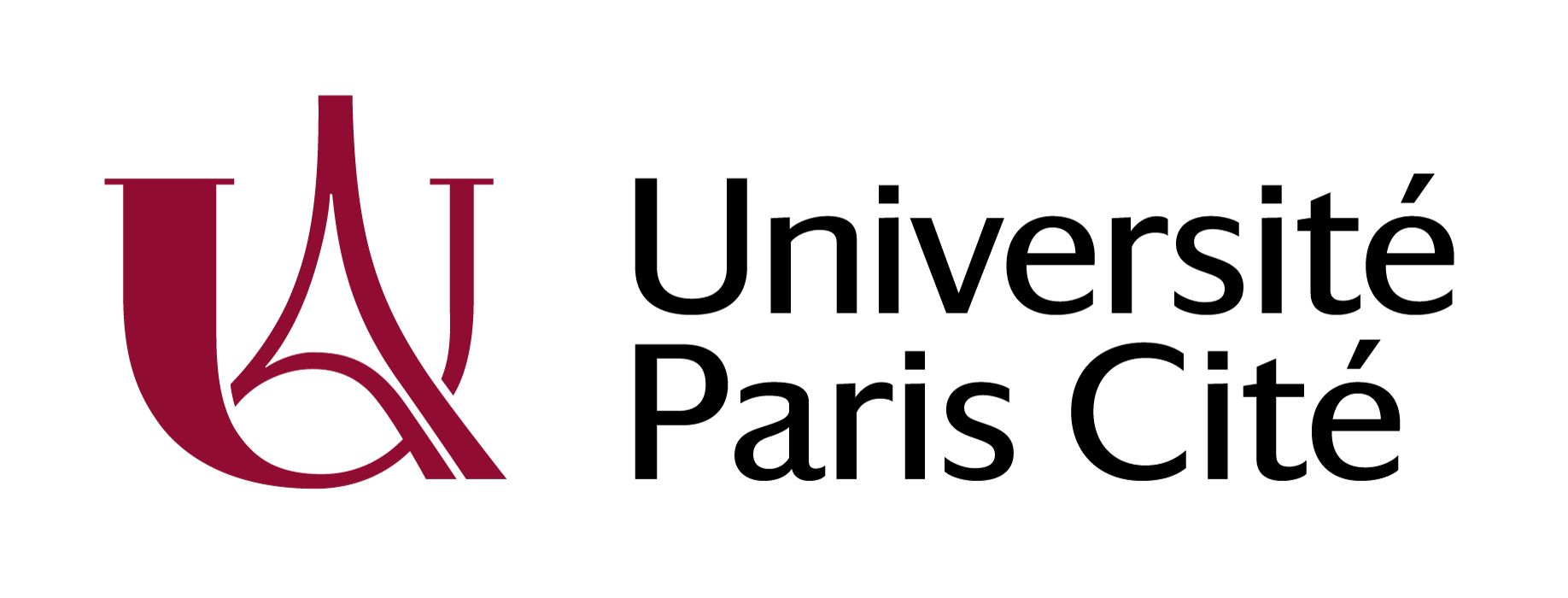Expression and methylation status of tissue factor pathway inhibitor-2 gene in non-small-cell lung cancer
Résumé
Tissue factor pathway inhibitor-2 (TFPI-2) is a Kunitz-type serine proteinase inhibitor that inhibits plasmin-dependent activation of several metalloproteinases. Downregulation of TFPI-2 could thus enhance the invasive potential of neoplastic cells in several cancers, including lung cancer. In this study, TFPI-2 mRNA was measured using a real-time PCR method in tumours of 59 patients with non-small-cell lung cancer (NSCLC). Tumour TFPI-2 mRNA levels appeared well correlated with protein expression evaluated by immunohistochemistry and were 4-120 times lower compared to those of nonaffected lung tissue in 22 cases (37%). Hypermethylation of the TFPI-2 gene promoter was demonstrated by restriction enzyme-polymerase chain reaction in 12 of 40 cases of NSCLC (30%), including nine of 17 for whom tumour TFPI-2 gene expression was lower than in noncancerous tissue. In contrast, this epigenetic modification was shown in only three of 23 tumours in which no decrease in TFPI-2 synthesis was found (P ¼ 0.016). Decreased TFPI-2 gene expression and hypermethylation were more frequently associated with stages III or IV NSCLC (eight out of 10, P ¼ 0.02) and the TFPI-2 gene promoter was more frequently hypermethylated in patients with lymph node metastases (eight out of 16, P ¼ 0.02). These results suggest that silencing of the TFPI-2 gene by hypermethylation might contribute to tumour progression in NSCLC.
| Origine | Fichiers éditeurs autorisés sur une archive ouverte |
|---|
Loading...
